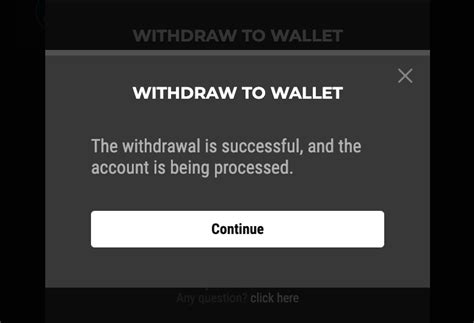Ethereum: Is Ripple’s trade history recorded?
February 13, 2025Wormhole (W), Reward, Candlestick Chart
February 13, 2025
The Great Smart Contract Withdrawal Conundrum: A Guide to Recovering Your ETH Funds
As a blockchain developer, you’ve probably encountered situations where your code has gone wrong, causing issues with smart contract withdrawals. One such situation is when a faulty smart contract fails to release the expected amount of Ethereum (ETH) to your wallet. In this article, we’ll explore what might have happened and provide guidance on how to recover your funds.
Understanding Smart Contract Withdrawal Mechanisms
In a typical blockchain network, smart contracts are stored on the Ethereum platform and executed when certain conditions are met. When you withdraw ETH from a contract, it’s essentially a transaction that releases the funds from the contract to your wallet. This process involves several steps:
- Contract Execution: The smart contract is deployed and executed when triggered.
- Gas Prices: You pay gas fees to execute the contract.
- Withdrawal Processing: Your ETH is transferred from the contract storage to your Ethereum wallet.
Possible Causes of Withdrawal Issues
There are several reasons why withdrawal funds may not be released to your wallet:
- Contract Deployment Issues: The smart contract code may have been deployed incorrectly, causing it to fail to execute or release funds.
- Gas Price Discrepancies: Gas prices can fluctuate, affecting the execution time and cost of executing a transaction. If gas prices are too high, the contract may not execute correctly, leading to loss of funds.
- Wallet Storage Issues: Your Ethereum wallet may have storage limitations, preventing the full amount from being transferred or released.
Troubleshooting: Debugging and Recovery
To recover your ETH funds, follow these steps:
- Review your smart contract code
: Check your contract deployment code to identify any potential issues that may be causing the issue.
- Gas price optimization: Optimize gas prices by reducing contract execution time or using more cost-effective gas providers.
- Wallet storage check: Ensure your Ethereum wallet has sufficient storage capacity and is compatible with the smart contract requirements.
Tips to avoid future issues

To avoid similar issues in the future:
- Test your code thoroughly: Validate your smart contract deployment before deploying it to a production environment.
- Monitor gas prices: Keep an eye on gas price fluctuations to ensure you are not executing transactions at the wrong time.
- Backup and audit regularly: Regularly back up your wallet data and audit your smart contracts to catch any potential issues early.
By following these steps, you should be able to recover your ETH funds from a faulty smart contract. Remember to remain vigilant and take proactive measures to avoid similar issues in the future.
